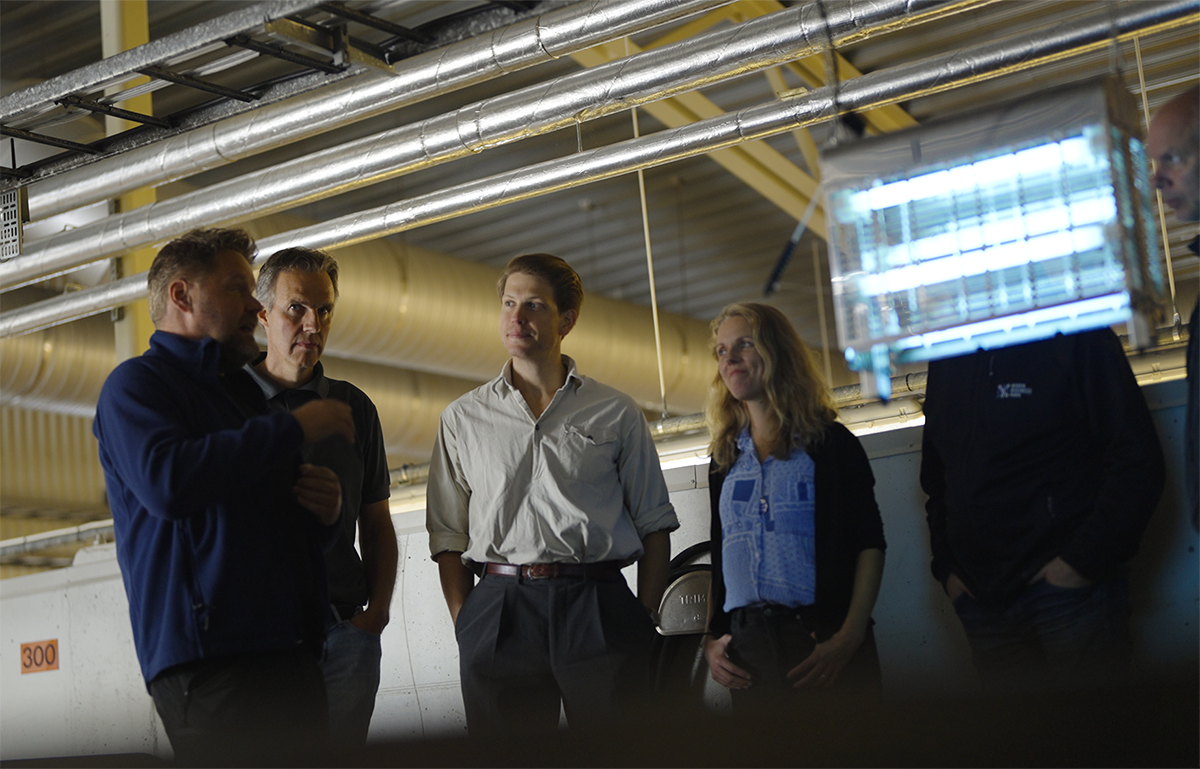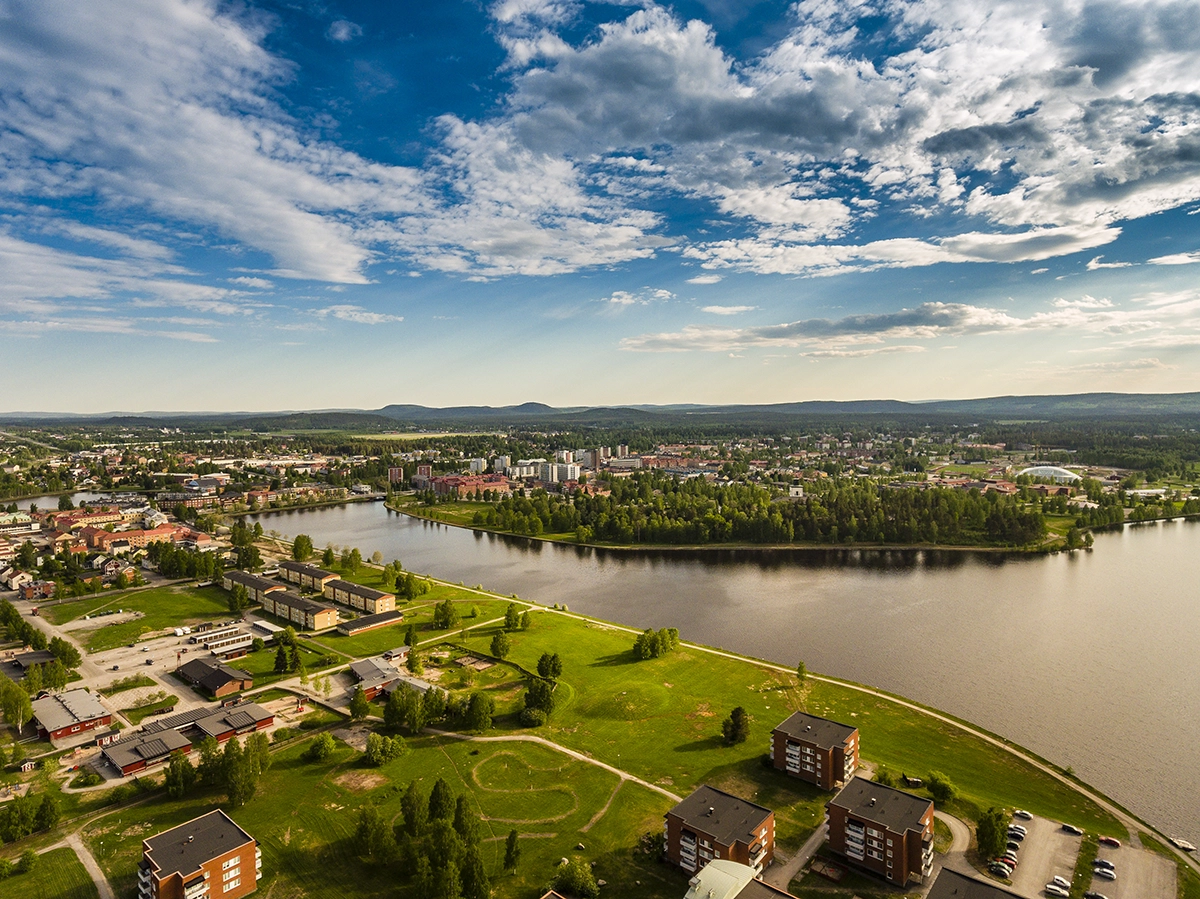Boden will play a central role in the development of sustainable fish feed for the future. At Vattenfall’s fish farm in Heden, they are following the project with great interest.
The food industry accounts for about one third of the world’s greenhouse gas emissions and animal products have the greatest impact on the environment and climate. In Sweden, feed accounts for 50 to 85 percent of the climate emissions from fish, pigs, poultry and eggs.
To address the issue, Axfoundation and the Swedish University of Agricultural Sciences (SLU) have launched a project with practitioners and researchers from Boden to Öland, to develop the feed of the future.
Boden will play a pivotal role in the development of fish feed which will partly be based on larvae raised with the help of local food waste. A pilot facility for the insects is expected to be in place soon, adjacent to the existing test greenhouse in the industrial area Boden Plug & Play, located next to the Arena area. Just like the greenhouse, the insect facility will also be powered by waste heat from a small data center.
Trout experiment
Hanna Carlberg, researcher at the Swedish University of Agricultural Sciences (SLU), and Christian Sjöland, project manager for Food of the Future at Axfoundation, recently visited Boden to discuss and experience the conditions of the project.
One of the visits was to Heden’s fish farm, which each year raises and releases hundreds of thousands of salmon and trout to compensate for the impact of hydropower on the fish’s natural environment.
– For us, this is interesting for several reasons. The goal of our project is to develop future circular and climate-smart feed for several different animal species. Specifically for the salmon smolt in Heden, we want to explore whether it’s possible to add entirely locally-produced larvae to their diet,” says Hanna Carlberg.
This is something that Henri Heimonen, operations manager at Vattenfall’s fish farm in Heden, welcomes.
– We have been testing insect-based feed and animal feed for sea trout for three years, and we see no difference. It would be interesting to see if it works just as well for the salmon,” he says.
Tackling overfishing
He and the operation was awarded the municipality of Boden’s environmental grant in 2022 for their active work to improve the processes in fish farming, resulting in positive measurable effects on the local environment. However, one area where he still sees great potential for improvement is fish feed, which is seen as a contributing factor to the overfishing of the world’s oceans.
– The feed fishing we see it today is a worryingly large problem and to me it doesn’t seem relevant to keep feeding salmon with forage fish if there are other alternatives. I will be very happy if we can participate and try to make it even more locally produced and sustainable,” says Henri Heimonen.
The project also includes feed for fish in food fish farms, food birds, laying hens and pigs. The project is run by Axfoundation and SLU together with 23 additional partners and is partly funded by Vinnova.


